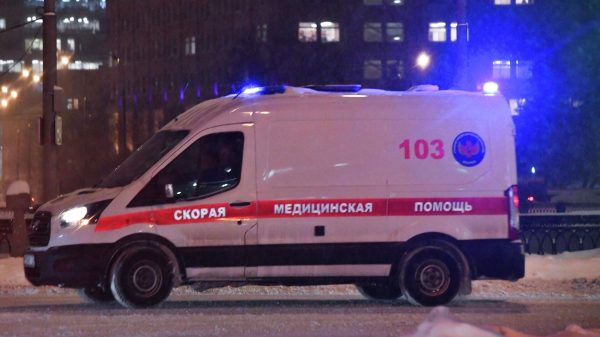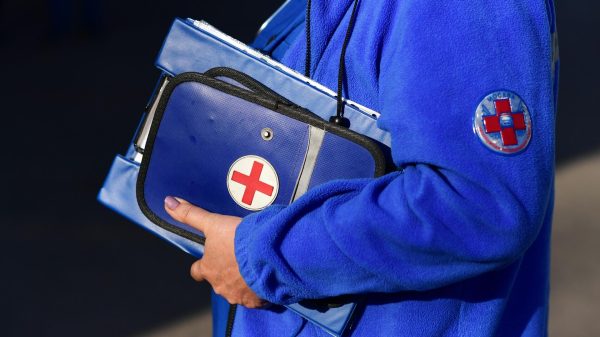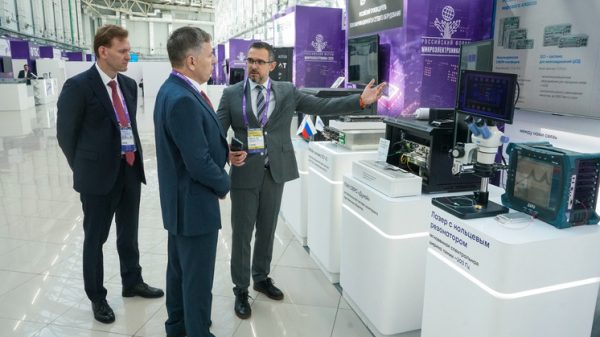
br>
At the 1975 World Cup, Sergei Volkov arrived as the third number of the Soviet team — and sensationally won gold, ahead of not only Vladimir Kovalev and Yuri Ovchinnikov, but also such world figure skating stars as Briton John Curry, Canadian Toller Cranston and American Gordon McKellen. After finishing his career, Volkov became a sought-after coach, but died too early due to a terrible illness.
“You will ruin me!”
Even as a junior, Volkov gained a reputation as one of the most unstable skaters in the country. Due to constant failures at competitions, at some point I even decided to quit the sport. He dreamed of becoming a pilot and twice tried to enter the aviation school in Rostov-on-Don, but both times he could not pass the medical examination. Kudryavtsev helped the student cope with disappointment. He said that a parachute jump is almost no different from an ice jump — and the next day Sergei was at training.
In the 70s, Kudryavtsev’s student almost always finished in the top three at the USSR Championships, but could not get on the podium at the European and World Championships. The breakthrough occurred at the 1974 European Championship in Zagreb, where Sergei became a bronze medalist, and at the 1974 World Championship in Munich, Volkov won silver. In Zagreb, Volkov skated with a broken toe, but this became known only after the end of the competition. When asked about the injury, Sergei succinctly answered: “I’m used to it.”

He created the main sensation the following year at the World Championships in Colorado Springs.
“
“We joked then that in figure skating there is the same planning as in the entire Soviet economy — five-year plans,” recalls long-time head of domestic figure skating Valentin Piseev. “In 1965, Lyudmila Belousova and Oleg Protopopov became world champions, in 1970 in dance — Lyudmila Pakhomova and Alexander Gorshkov, and in 1975 — Volkov.”
< br>Colorado Springs is located in the highlands, and Soviet skaters went to prepare for the World Championships well in advance. Their stay in the United States was paid for by the then head of the International Hockey Federation, William Tat. His wife performed in an ice show and was absolutely delighted with the reception in Moscow. Here is Tat, who had a profitable business and did not lack funds, and decided to show reciprocal hospitality. He even promised to organize banquets after the victories of Soviet figure skaters.
The American millionaire hoped to get by with one feast on the occasion of the next success of Irina Rodnina and Alexander Zaitsev. Pakhomova and Gorshkov missed the World Championships due to their partner’s illness, but Irina Moiseeva and Andrei Minenkov celebrated their victory in dance. When Volkov also won gold, Tat, turning to Piseev and the head of the USSR Figure Skating Federation, Anna Sinilkina, begged: “You will ruin me!”
br>
Nothing foreshadowed Volkov's victory. During one of his first practices in Colorado Springs, he injured his knee ligaments and spent two weeks in the hospital. Participation in the competition itself was in question. Only Volkov came out — and, as always, brilliantly drew the obligatory figures. Then he flawlessly performed a short program in which all the competitors made mistakes. And he completed the job with a brilliant free skate.
The victory at the 1975 World Cup was the pinnacle of Volkov’s career. Having left Kudryavtsev for Stanislav Zhuk, he failed to repeat his success in the Olympic season, finishing only 5th in Innsbruck. In 1977, he was unable to qualify for the USSR national team at all and decided to end his career. He began to work as a coach, for some time he even collaborated with Alexander Fadeev, who came to him from Zhuk.
They called the sorcerer, but the miracle did not happen< br>Fate prepared difficult trials for the first Soviet world champion. Volkov’s first wife was Lyudmila Olekhova, who competed in pair skating. Divorcing her was difficult. It seemed that in his new family (his second wife was far from the world of sports, she taught at one of the capital’s institutes) Sergei found happiness and peace. He had twin daughters.
In 1990, Volkov went to work under a contract in Austria. Then the Iron Curtain had just lifted, and many Soviet coaches rushed abroad. There was no doubt about their qualifications, and in those days almost all Soviet people dreamed of earning money in “freely convertible currency.”
“
“After my parents’ divorce, I saw my father infrequently,” said Alexander Volkov, the son of the first Soviet world champion. “And few recordings of his performances survived. From childhood memories there was a picture that everyone will accept with a smile today: we watched the recordings of the performances on a film projector, and on the screen served as a white refrigerator.»

According to the son, the terrible diagnosis — cancer — was given to his father by Austrian doctors. They only gave him six months. The relatives did not want to have the operation. They were afraid that Volkov would die on the operating table. They clung to every opportunity, hoping for a miracle. They found some kind of sorcerer or psychic in the Kharkov region. The first Soviet world champion passed away there.
Today coach Alexander Volkov continues his father’s traditions. His students successfully perform at all-Russian competitions. For some time he worked with Alexandra Trusova.
On April 19, Sergei Volkov would have turned 75.





















































Свежие комментарии